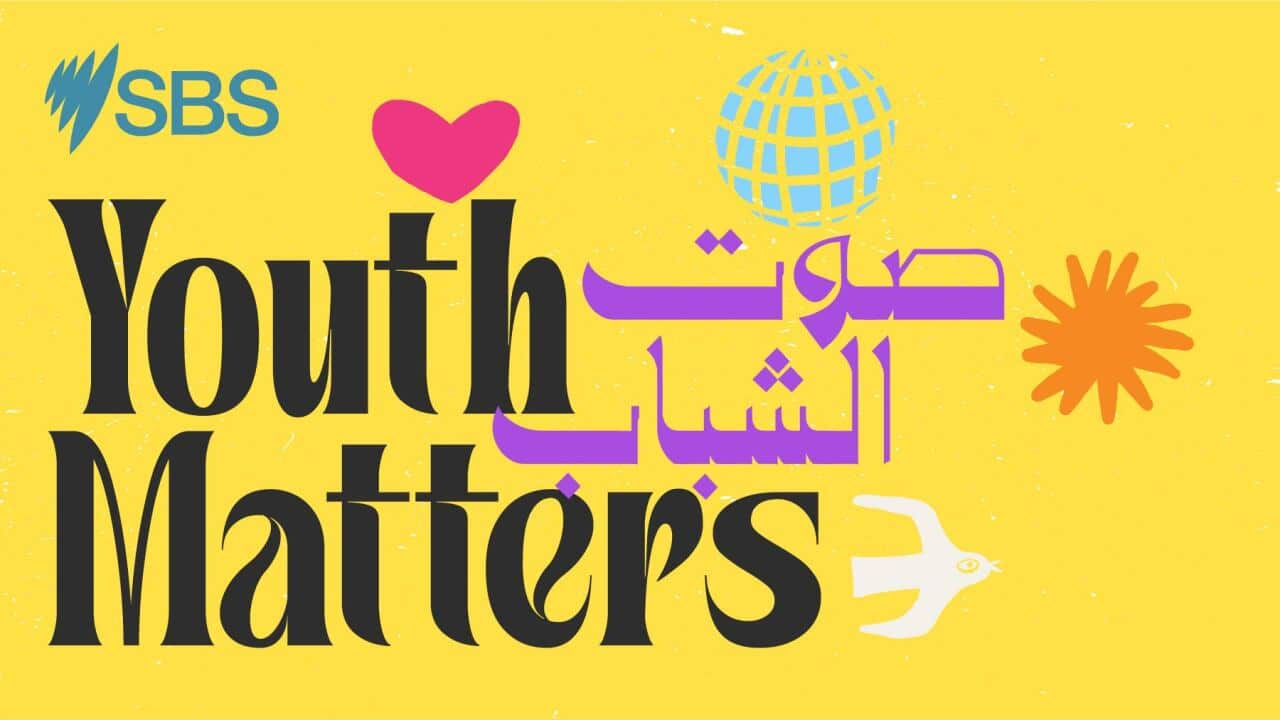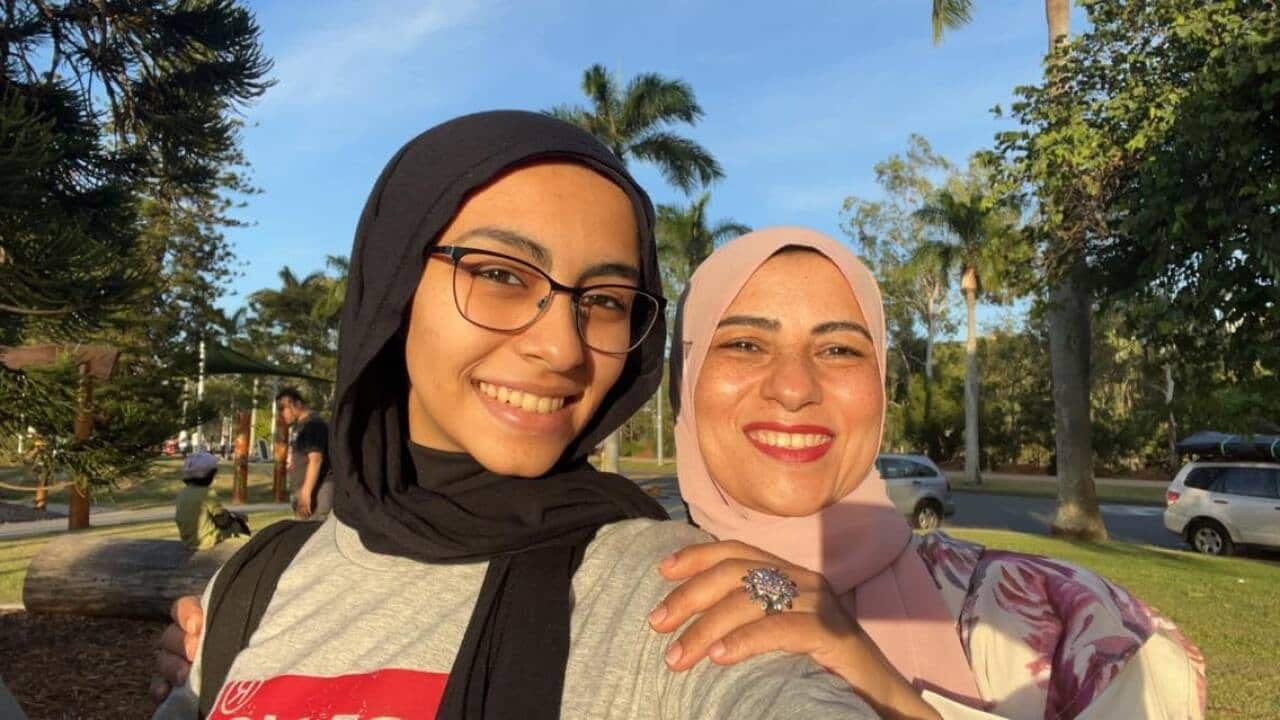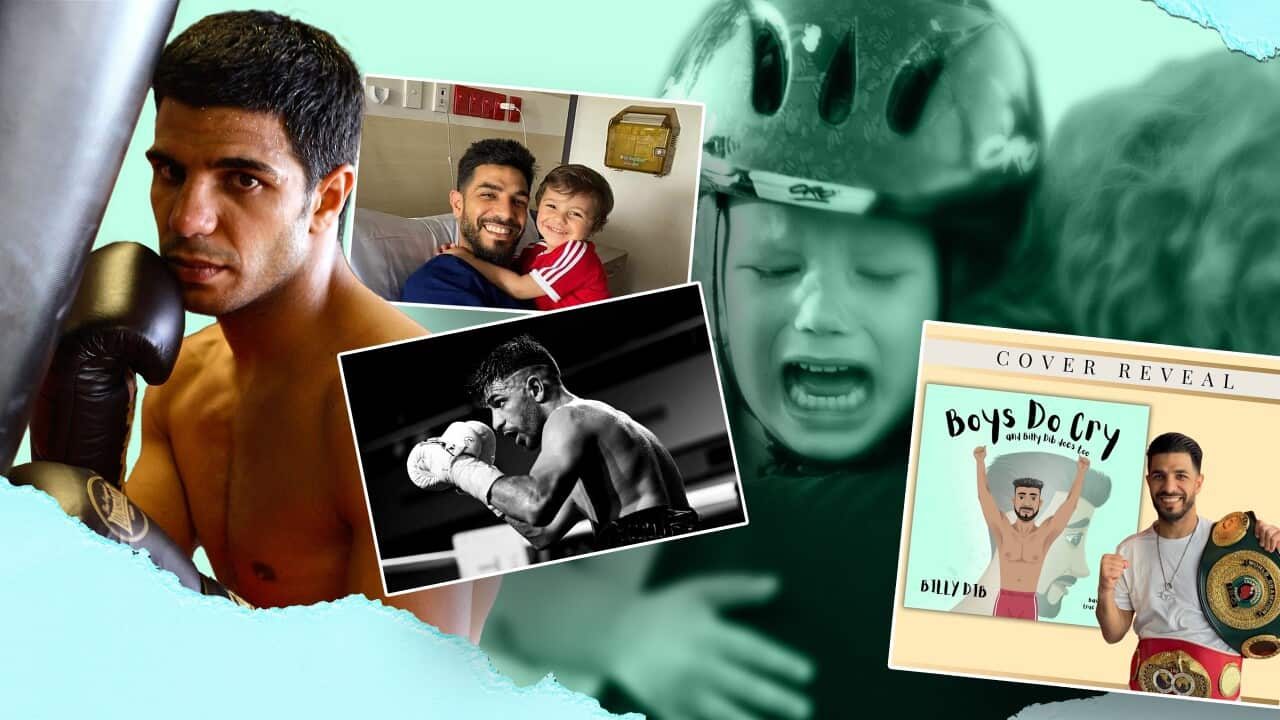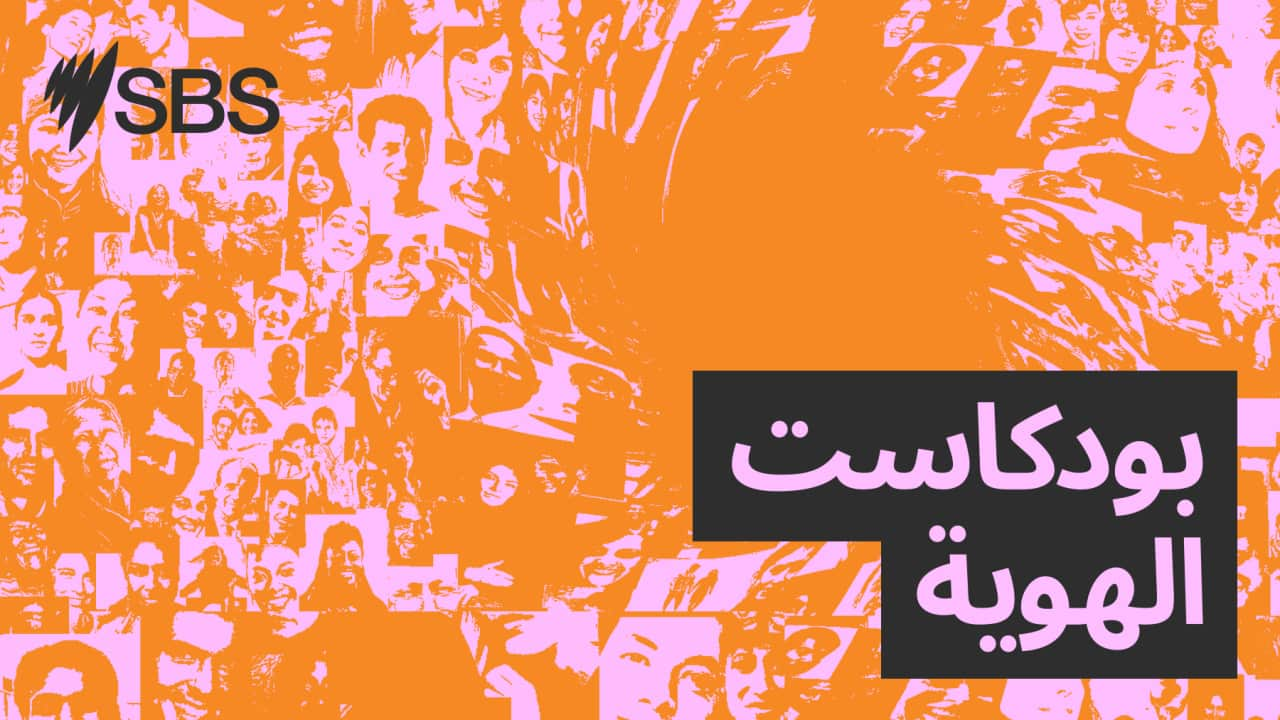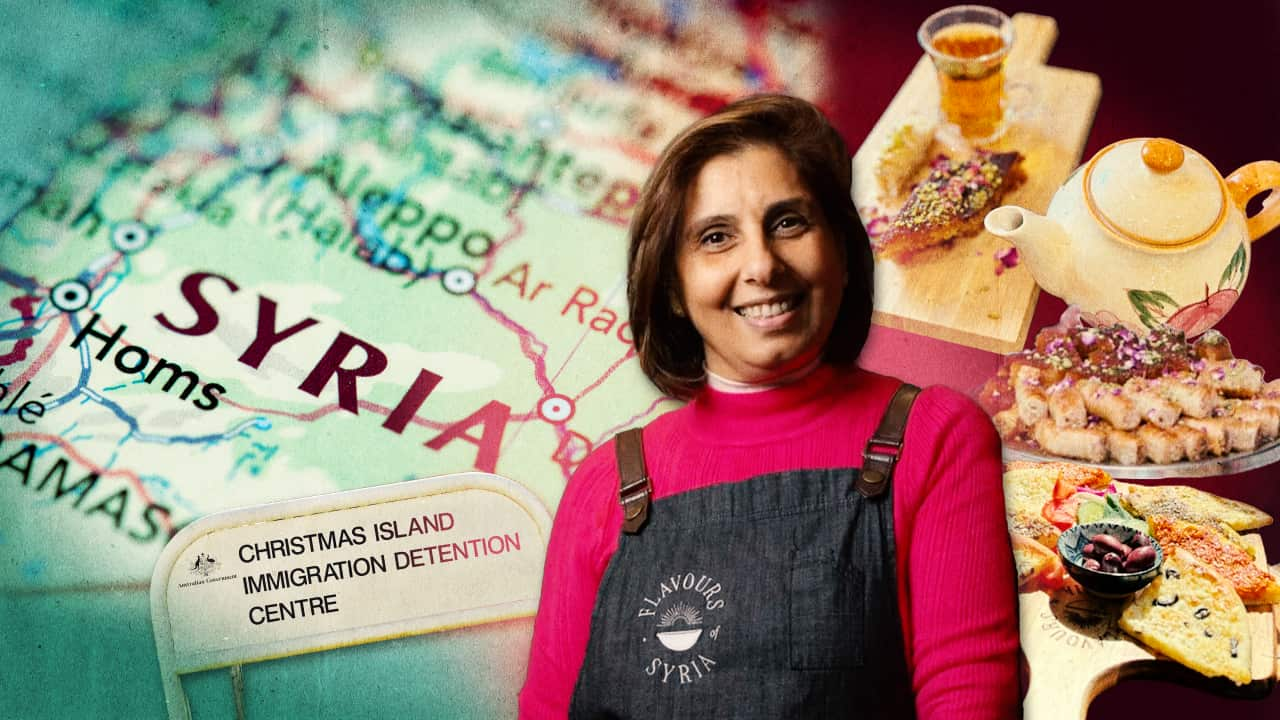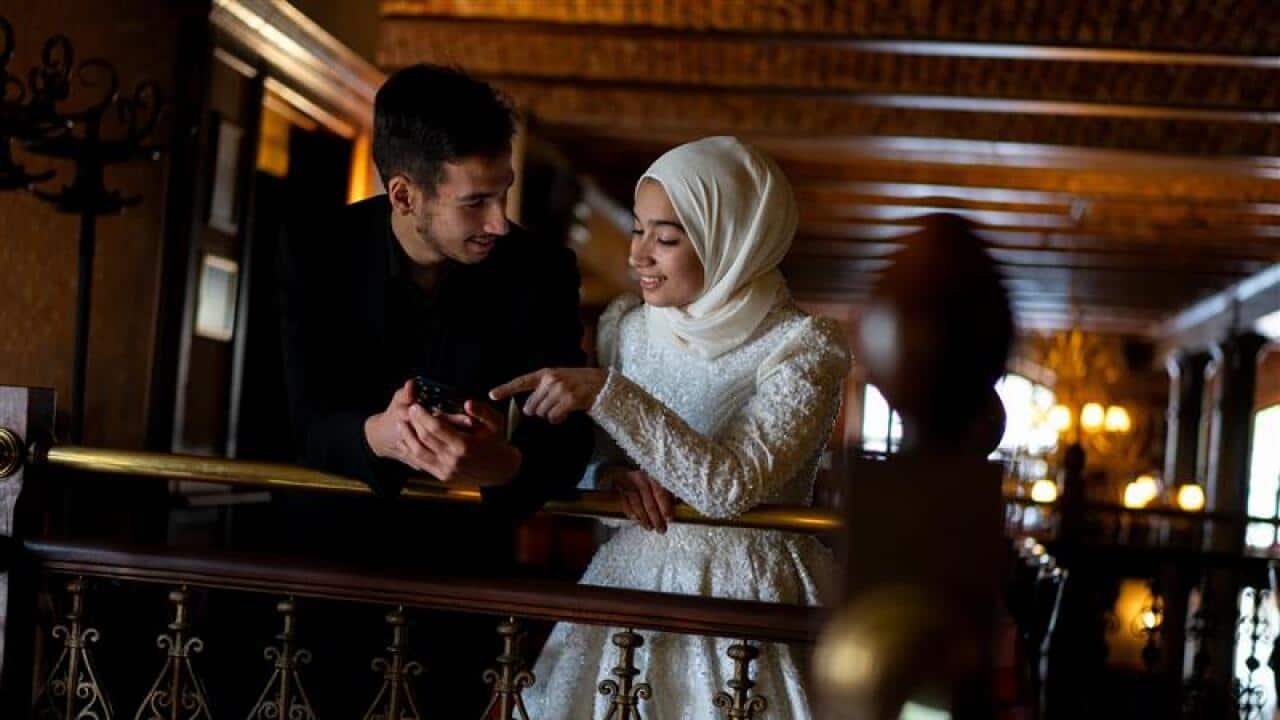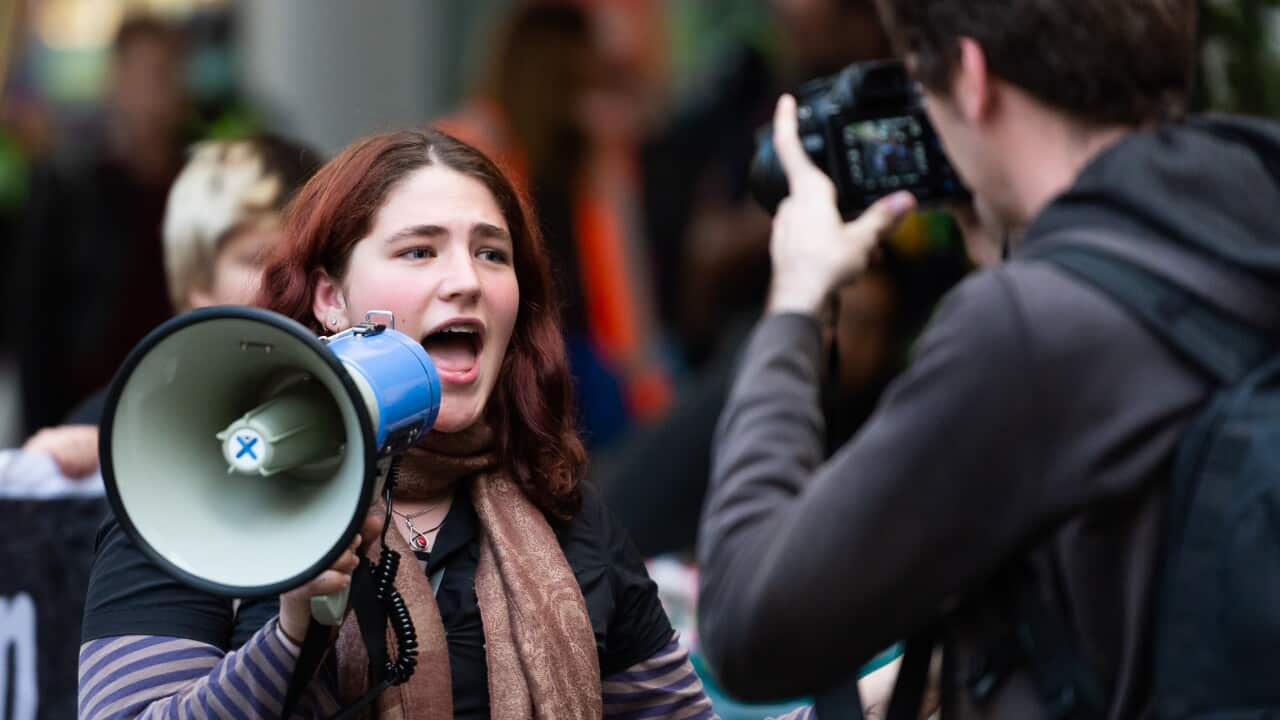Karim el-Gawady was 19 when he met Jasmine, an English classmate at university. What began as casual conversations soon turned into something deeper.
But for Karim, a young man born in Australia but raised in a traditional, conservative Egyptian household, love could never be separated from culture and faith.
“I told her from the very beginning that our relationship could only grow within the framework of my religious values,” Karim, 25, recalls.
“She understood and respected that. From there, we decided to have an Islamic marriage in 2020.”
An Islamic marriage — known as a Nikah — is a religious contract that makes the relationship legitimate under Islamic laws.
It usually involves witnesses and consent from both families and couples. An imam officiates the ceremony, which is considered by Muslim couples as a way to honour their faith and community.
Karim describes himself as conservative, having been raised with traditional expectations about love and marriage.
In his family, it was expected that relationships would progress toward marriage, preferably within the same cultural or religious community. Yet he found himself in love with someone from a completely different cultural and religious background.
“There were many attempts to convince me to marry a cousin or at least someone from the same religion or cultural background, but I refused,” he admits.
For Karim, his relationship with Jasmine became a balancing act: between his faith and his emotions, between his family’s expectations and his own choices.
“Some people think that by marrying first, we took the romance out of the relationship. But I promised Jasmine that I would still give her a proper proposal later, along with an engagement party and a wedding,” the Perth-based IT professional explains.
Two years after their Nikah, Karim kept his promise and asked to marry Jasmine with a Western-style proposal.
The couple celebrated with a wedding party recently, surrounded by friends and family.
Now, the couple are taking the final steps to register the marriage under Australian law.
Although Karim made sure his heart was guided by his religious and cultural values, the pressure still never went away.
“Even now, my mum still asks questions about my wife and how our relationship is going.”
“Also, there isn’t much acceptance within the community, especially when someone looks different. Like if they have green eyes or if a woman doesn’t wear hijab, people start gossiping. Every time they see us together, they ask 'Is she his girlfriend?' I tell them we’ve been married for five years!”
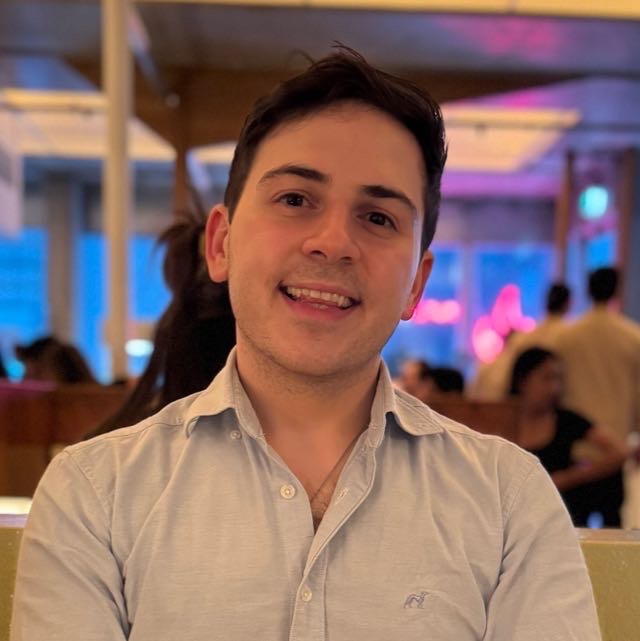
The Weight of Expectations
Karim’s story is not unusual among second-generation Arab youth in Australia.
For many, love is not just a matter of the heart — it is an equation involving family, culture, and tradition.
A University of Melbourne study, Language of love: a quarter of Australians are in inter-ethnic relationships, revealed that one in four Australians is in an inter-ethnic relationship.
But more than half of those surveyed admitted to feeling family or community pressure when pursuing a relationship that did not fit traditional expectations.
Judy is a 19-year-old Egyptian university student, whose parents moved to Australia when she was a child. She is now living in Melbourne, and she knows this pressure too well.
“My parents worked so hard for us to come here. I always feel that I must succeed, and that failure in anything is not an option.”
For Judy, navigating love means constantly balancing her independence with her family’s values.
“I’m open to being in a relationship with someone from a different background. But it’s always about balance. I don’t want my parents to feel disconnected from the person I’m with.”
She says Arab parents are known for “strict” boundaries.
“They have clear rules about what can and can’t be done — like not staying out late. So for me, love is always a balancing act between what they want and what I want.”
Hidden Relationships
The balancing act sometimes means secrecy.
Some young Arab Australians say they hide their relationships, not out of shame but out of fear of disappointing their families.
Judy recalls her teenage years.
“I was always feared someone would find out and tell my parents. I had to make sure no one was around before I sent a message or took a phone call from a love interest.”
For her, secrecy was a way to protect her parents’ feelings.
“I never talked to them about relationships in the early stages because I was scared they’d feel angry or sad.”
Ahmed Mardini, a 28-year-old Syrian doctor in Sydney, shares a similar story.
“When I was younger, I definitely hid details of my love life because I was afraid of my family’s reaction,” he admits.
For Mardini professional status added extra weight.
“For my family, a doctor can’t just marry anyone. She has to meet very specific criteria. She has to be highly educated and preferably Syrian.”
Now in his late twenties, Mardini feels more confident challenging these expectations.
“I have my own boundaries now, and I can explain my choices more openly. But when I was younger, it was impossible to imagine confronting my family with this.”
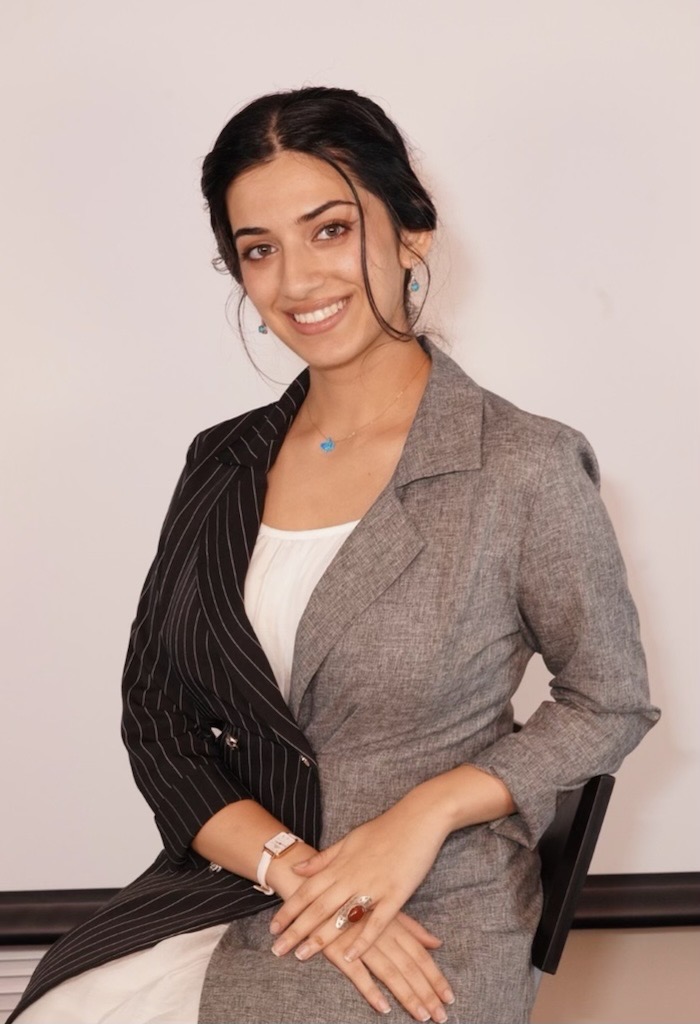
“There is no love here”
For some, the challenge is not secrecy but scarcity.
Sarah Al-Baghdadi is a 26-year-old Iraqi nutritionist, who lives in Sydney. Sarah, who migrated with her family when she was 13, says that finding love in Australia can feel almost impossible.
“When I was younger, my mum was strict and rejected the idea of relationships. But now she encourages me to look for someone. The problem is that it’s difficult here — there aren’t many options. The pool of potential partners is very limited,” she says.
“Maybe if I were in Iraq, I could have lived a love story. Here, sometimes I feel I have to accept a traditional marriage. Here, there is no love.”
Sarah’s family once held strict requirements for a future partner, but this has changed over time.
“At first my mum insisted he had to be Iraqi, even from a specific region in Iraq. Now she’s more flexible. For me, it’s important that he shares my religion and ideally has an Arab background. But it’s not easy.”
Her words echo a broader social reality.
According to the Australian Institute of Family Studies, one in four households (26 per cent) is now occupied by a single person — up from 18 per cent in 1981.
This trend toward isolation makes the search for meaningful relationships even harder, especially for young people from communities with specific cultural expectations.
Silence Between Generations
Psychologist Dr Sulayman Abu Himdan believes that the difficulty lies not only in cultural expectations but also in silence.
“Because older generations avoided open conversations with their children about love and relationships, many parents today continue the pattern.”
“Most young people learn the acceptable boundaries not through open conversation, but through observation or side comments,” he explains.
“Love is rarely discussed directly within families. It becomes a silent subject.”
He argues that open dialogue is the missing piece.
“Each family is different. Parents need to be able to share their expectations clearly, and young people need to feel safe expressing their feelings. Without that space, both sides are left making assumptions that create conflict.”
Dr. Sulayman believes the stories of young Arab Australians show adaptability and resilience.
“They are negotiating two worlds at once. It is not easy, but it teaches them strength and creativity.”
The Youth Matters podcast Executive producer is Maram Ismail, and Dina Abdel Mageed produced this episode.
Listen to the Youth Matters podcast on our website and on all your favourite podcast platforms.

